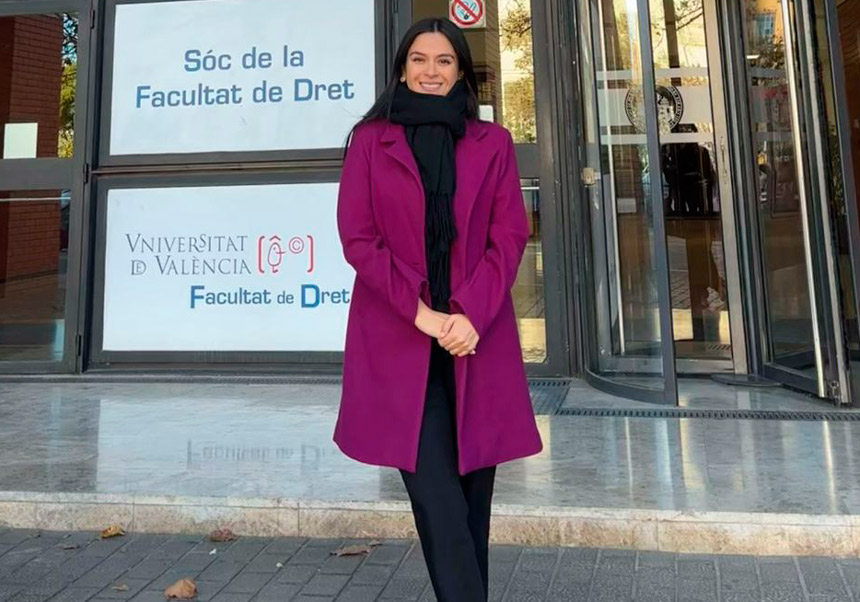
Analysis of the Guarantee System in Consumer Law in Colombia and Spain' is the title of the Final Paper of the Master's Degree in Law, Business and Justice by Nicole Villegas Rincón.
22 september 2016
This research dissertation consists of a critical and comparative analysis of the guarantee regime in consumer law, private legal relations law resulting from the interaction of a professional or businessman and a final purchaser, specifically in relation to legal and conventional guarantees, better known as contractual, in both Colombian and Spanish legislation. Its treatment will be studied on the basis of the normative foundations of consumer protection, originated on the basis of the problem of the imbalance in the relationship of the contracting parties, derived from the asymmetry derived from the greater experience and ability of the entrepreneur to negotiate and/or contract, and the consequent power of imposition of negotiable conditions, besides its knowledge and handling of information.
In addition, it will be determined whether there are gaps in Colombian legislation and whether it is necessary to resort to the use of techniques to replace the gap that will shed light on how aspects related to the matter are regulated. Therefore, a comparative examination of legislation such as Spain's will be the starting point to set an example for resolving certain situations that represent a challenge in Colombian local consumer law and their application in the system of consumer protection guarantees, all of this through a comparative method, in search of a balance between traders and consumers, minimizing the existing asymmetry of information between the parties.
As far as the structure of the dissertation is concerned, it is composed of:
- An introductory section;
- A content consisting of four chapters;
- Some conclusions.
In the body of the work as such, the first chapter deals with general aspects of guarantees in order to contextualize the regime of guarantees and its practical utility, for which the legal system developed by the Argentine legal system is used as a reference, due to the similarity of our systems and the wide range of academic and doctrinal production on the subject. The second section describes the guarantee regime in Colombia, with regard to the legal and conventional guarantees in the system. The third section deals with the Spanish regime, describing the way in which the consumer is protected through its system of legal and conventional or contractual guarantees. The fourth chapter, on the other hand, illustrates the cases of the Municipal Consumer Arbitration Board of León and the legal criteria used to support its decisions, in order to resolve conflicts that arise in the context of consumer activity and the consequent application of the Spanish guarantee system.
Finally, the aim is to obtain sufficient knowledge through a methodical comparative reasoning between two legislations, which will lead to a proposal to study the legal system and its handling with respect to the figure of guarantees in order to defend the prerogatives granted to the consumer in the framework of the market activity in each one: Spanish and Colombian. On this basis, cases and situations are identified that constitute legal gaps in the local Colombian system and how the Spanish guarantee system can contribute to fill these gaps or shed light on the grey areas present in the aforementioned Colombian system in order to improve it.















